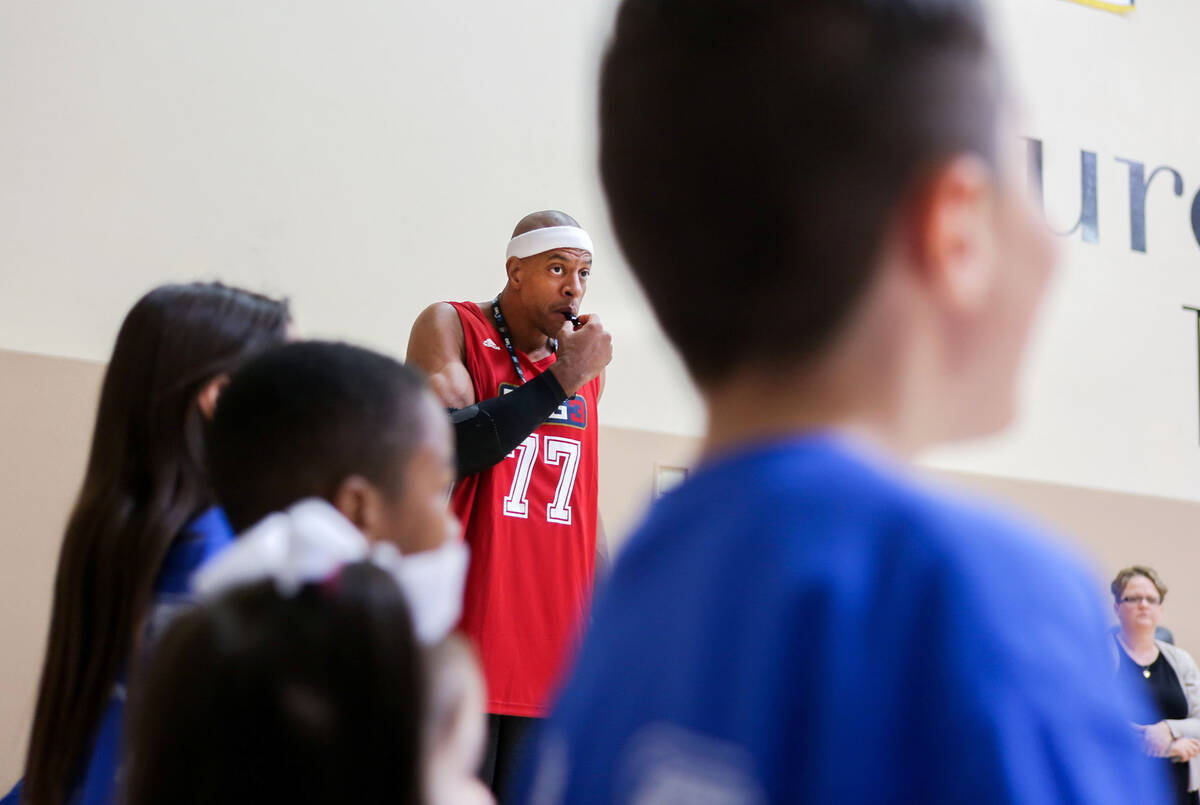RUBEN NAVARRETTE: America, it’s time to talk honestly about autism
I tell my teenage kids that it’s important to know what you don’t know, and even more important to never stop learning.
One topic I need to learn more about is autism. I see people talking about it everywhere much more these days, from television shows to profiles of the rich and famous.
Asperger’s Syndrome is what some call a form of Autism Spectrum Disorder that can affect social behavior. You may find it in super focused but socially awkward high-achievers. Elon Musk, the richest man in the world — while recently hosting NBC’s “Saturday Night Live” — told the audience that he has Asperger’s Syndrome.
Last month was National Autism Awareness Month — or what neurodiversity advocates want to rename “National Autism Acceptance Month” — so I reached out to an expert with a unique take on the topic. Kristina Lopez is a professor of social work and psychology at the School of Social Work at Arizona State University. Her specialty is helping Latino children with autism.
Latinos, eh? Clearly, we have a lot to talk about.
According to Lopez, autism in children can be “reliably diagnosed as early as 12 months.” The disorder is centered on “social communication.” Not limited to the spoken word, it can extend to difficulty in making eye contact, displaying emotion, taking social cues and holding one-to-one conversations.
Lopez says that, for parents, one warning sign is that a child isn’t speaking at 3 or 4.
By zeroing in nearly 20 years ago on Latino children with autism, the fifth-generation Mexican American was way ahead of her time.
One reason: her epilepsy. Lopez grew up with what she calls her own “developmental disability.” It wasn’t diagnosed until she was a teenager, and it led to lots of bouncing between schools and multiple brain surgeries. Her struggle gave her a built-in connection to those whose brains are wired differently. It also provided her a window into how the public schools and the medical profession fail Latino students, patients and families.
“There was stigma,” Lopez recalled. “There was resistance from the schools and medical system to let me continue my education and get me the right treatment to manage my seizures.”
When she was still a student, she was put in a special education class because of her epilepsy. Even then, she could see that not everyone in that class was treated fairly or received the same services. Later, while attending college, she worked in a special education classroom.
“I saw the disparity,” Lopez said. “I realized it wasn’t just me. This was a systemwide issue. The Latino kids in my classrooms who clearly had autism had another label attached to them. They were the ‘bad kid’ or they had some behavioral diagnosis. Meanwhile, the one white kid in the class had all these people hovering around him, trying to help him.”
Now her mission is to bring about equity for Latino children with autism by making the public schools and medical system more responsive.
It’s an undeniable fact — borne out by research — that white children with autism tend to get more services than their Latino counterparts. The squeaky wheel gets the grease, and Latinos don’t squeak.
Many academics with a Ph.D. in psychology — in Lopez’s case, from the University of Michigan — would be satisfied to study these disparities. But Lopez wants to eradicate them, which draws her closer to social work.
“It isn’t enough to just understand what’s going wrong,” she said. “We should be asking: How can we improve this situation?”
I was curious if Latino parents are more likely than white parents to struggle with accepting a child with autism. The opposite, it turns out.
“I have found it easier to talk to Latino parents about autism,” she said. “I think that within our culture we are more welcoming of difference. We’re more accepting of it, particularly for those who are religious or spiritual. Oftentime, they say: ‘This is a gift. He’s special, or she’s special.’ ”
Latino parents are onto something: Autism can be a gift, and many people with autism are special.
Many companies now actively seek out people with autism to fill positions. Why not? If you can see things that others miss, think things that others can’t imagine, and do things that others can’t do, you can go far. That is, if you’re given a chance, and if those around you spend less time dwelling on your deficits and more time celebrating your abilities.
If we really want to fix how our society treats our friends, family and neighbors with autism, that’s a fine place to start.
Ruben Navarrette’s email address is crimscribe@icloud.com. His podcast, “Ruben in the Center,” is available through every podcast app.






















